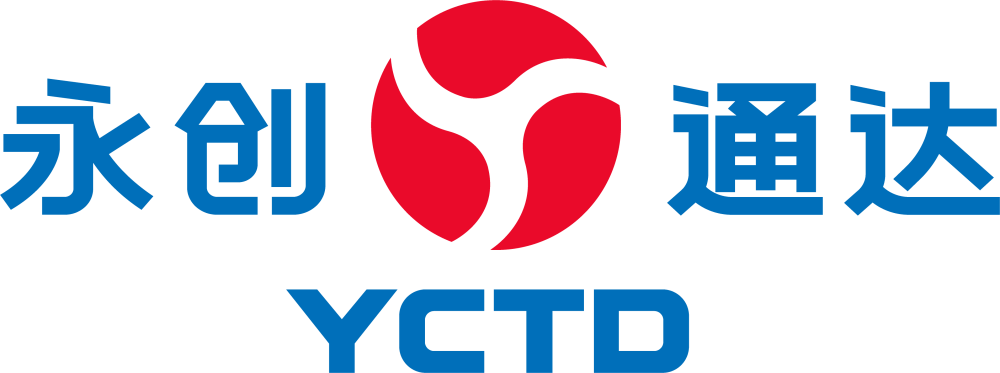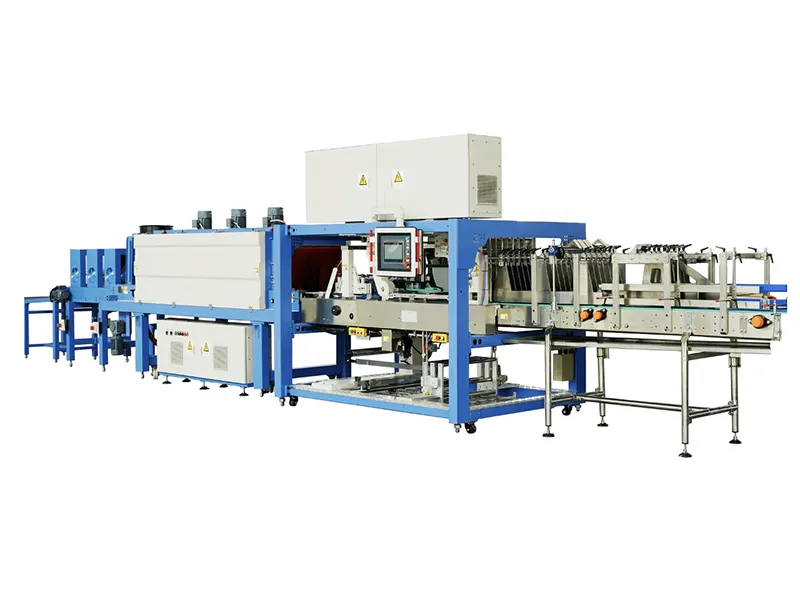Streamlining Success with Intelligent Beverage Line Manufacturing
The beverage industry is evolving rapidly, driven by shifting consumer demands, sustainability goals, and economic pressures. To stay competitive, manufacturers are adopting advanced beverage line manufacturing strategies that integrate automation, data intelligence, and system interoperability. Automation is no longer a luxury—it’s the backbone of modern production systems designed to optimize throughput, reduce waste, and ensure consistent product quality.
Beverage line manufacturing setups that embrace smart technologies deliver measurable advantages. From real-time diagnostics to precision filling and efficient packaging, automation plays a critical role in improving performance across the entire production chain. Understanding why automation matters helps companies invest wisely and build scalable, future-ready operations.
Enhanced Operational Efficiency
Streamlined Production Workflow
Automated beverage line manufacturing systems eliminate bottlenecks by synchronizing every stage of production. From mixing to filling and capping, machines communicate seamlessly, reducing idle time and manual interventions. This streamlined process ensures consistent output and minimizes operational disruptions.
Integrated control systems manage everything from speed adjustments to real-time coordination between units. As a result, facilities can maintain peak performance even when switching products or packaging formats.
Reduced Labor Dependence
Automation reduces the need for manual labor in repetitive or high-precision tasks. Machines handle functions like bottle orientation, label application, and palletizing with greater accuracy and consistency than manual operations.
This not only reduces labor costs but also improves worker safety by minimizing exposure to high-risk processes. Beverage line manufacturing systems that leverage automation create safer, more ergonomic environments.

Improved Product Quality and Consistency
Precision Filling and Sealing
Automated fillers and sealers ensure exact volume control, reducing overfill or underfill rates. This level of precision guarantees consistency, which is crucial for meeting regulatory standards and maintaining brand integrity.
Advanced capping systems monitor torque values and seal integrity in real time, helping to avoid leaks and contamination while preserving freshness.
Real-Time Quality Monitoring
Beverage line manufacturing setups now include integrated vision systems and sensors that detect defects instantly. These systems identify issues like misaligned labels, damaged containers, or seal failures without halting production.
Immediate quality feedback enables manufacturers to take corrective actions quickly, reducing waste and improving first-pass yield rates.
Greater Flexibility and Scalability
Multi-Format Compatibility
Automated systems can quickly adapt to different container sizes, shapes, and materials. Quick-change features allow for fast transitions between product lines, which is essential for responding to market trends or seasonal demand.
With a well-designed beverage line manufacturing system, producers can manage diversified product portfolios without compromising throughput.
Modular Expansion Capabilities
As demand grows, modular automation systems can be expanded with minimal disruption. Beverage producers can integrate new modules—such as additional fillers, labelers, or inspection units—without redesigning the entire line.
This scalability makes automation a smart long-term investment, supporting both current operations and future growth.
Data-Driven Decision Making
Performance Monitoring and Analytics
Modern beverage line manufacturing systems include sensors and software that track production metrics in real time. Key data points like line speed, reject rates, and downtime are visualized through dashboards and performance reports.
These analytics help plant managers make informed decisions, identify inefficiencies, and optimize line configurations for better productivity.
Predictive Maintenance
Using machine learning and IoT data, beverage line manufacturing systems can predict equipment failures before they occur. Predictive maintenance reduces unplanned downtime, extends machine life, and lowers maintenance costs.
This proactive approach improves overall equipment effectiveness (OEE) and enhances operational reliability.
Sustainability and Waste Reduction
Energy and Material Efficiency
Automated beverage line manufacturing systems are designed to optimize energy use. Smart motors, efficient conveyor layouts, and reduced idle times all contribute to lower energy consumption.
Waste reduction is also achieved through precision dosing, accurate labeling, and defect detection systems that catch errors before mass production continues.
Environmental Compliance
Automation supports compliance with environmental regulations by enabling traceability and reducing emissions. Systems can log energy usage, material waste, and water consumption, facilitating sustainability reporting.
This transparency strengthens brand reputation and meets consumer expectations for environmentally responsible practices.
Competitive Advantage and Market Responsiveness
Faster Time to Market
Automated systems reduce the time needed to develop, test, and launch new products. Recipe management tools, digital twins, and simulation software allow for virtual line testing before physical adjustments are made.
This agility helps brands respond faster to consumer trends and competitor moves.
Brand Consistency Across Markets
With precise automation, beverage line manufacturing systems maintain product uniformity across global production sites. Consumers receive the same taste, appearance, and quality regardless of location.
This consistency reinforces brand trust and supports international expansion strategies.
Workforce Empowerment and Skills Development
Operator Upskilling
Automation changes workforce dynamics by shifting roles from manual tasks to supervisory and technical functions. Operators gain skills in system monitoring, troubleshooting, and data interpretation.
Beverage manufacturers benefit from a more engaged and skilled workforce that contributes to continuous improvement efforts.
Remote Monitoring and Support
Cloud-based automation platforms allow remote access to performance data and diagnostics. Technical teams can monitor and support beverage line manufacturing systems from anywhere, reducing response time and improving uptime.
This flexibility is especially valuable for multi-site operations or regions with limited on-site expertise.
Integrated Supply Chain Optimization
End-to-End Traceability
Automated beverage line manufacturing setups often include barcode readers and tracking software that log every unit’s production journey. From raw material intake to palletized goods, each stage is traceable.
This transparency improves inventory control, recall readiness, and customer satisfaction.
Supply and Demand Synchronization
Automation allows beverage manufacturers to align production with real-time sales data and supply forecasts. This synchronization avoids overproduction, reduces excess inventory, and improves overall supply chain efficiency.
By producing what is needed, when it is needed, beverage companies stay lean and profitable.
FAQ
What types of automation are most useful in beverage line manufacturing?
Key types include filling and capping automation, vision inspection systems, robotic palletizing, and IoT-based performance monitoring. These elements help ensure consistency, speed, and quality across production.
Can small beverage producers benefit from automation?
Yes, small-scale producers can adopt modular or semi-automated solutions that match their budget and growth plans. Automation enhances product consistency and helps compete with larger brands.
Is beverage line automation difficult to maintain?
Modern systems are designed with user-friendly interfaces and remote diagnostics. With proper training and support, maintenance becomes manageable and cost-effective.
How does automation support sustainability goals?
Automation reduces energy use, material waste, and emissions. It also supports data collection for sustainability reporting and compliance with environmental standards.
Table of Contents
- Streamlining Success with Intelligent Beverage Line Manufacturing
- Enhanced Operational Efficiency
- Improved Product Quality and Consistency
- Greater Flexibility and Scalability
- Data-Driven Decision Making
- Sustainability and Waste Reduction
- Competitive Advantage and Market Responsiveness
- Workforce Empowerment and Skills Development
- Integrated Supply Chain Optimization
- FAQ

